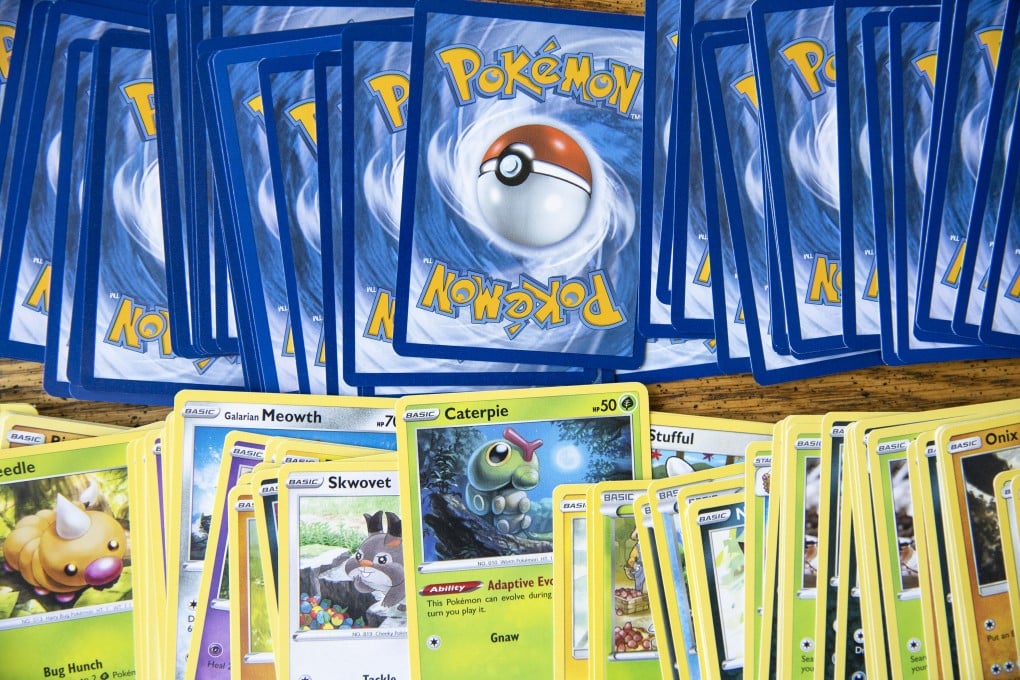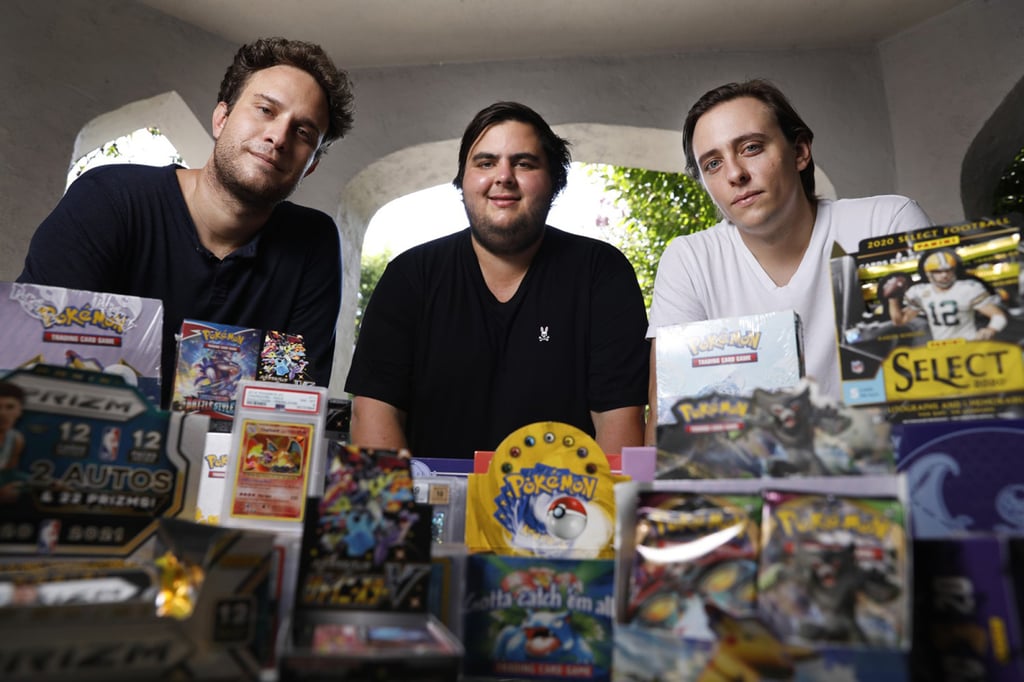Dig out your old Pokemon cards – they could be worth a lot more than you think, thanks to the pandemic, boredom and an increased feeling of isolation
- A man who ‘had nothing to do’ when Los Angeles shut down started selling Pokemon cards for fun – now his Instagram Live events regularly clear US$6,000 per show
- Cards are not the only collectible causing chaos. The pandemic has inspired a surge in the buying and selling of art, coins, currency – even street art and NFTs

Anthony Jimenez hadn’t thought much about his Pokemon cards since middle school, when girls had suddenly seemed more interesting.
But with time on his hands during the coronavirus pandemic, Jimenez dug out his old collection and found that the cards were in pristine condition, a fact that would change his life and financial outlook.

The pandemic inspired a surge in the buying and selling of all manner of collectibles, from the traditional – fine art, rare coins and currency – to newer crazes such as Pokemon cards and street art.
It’s the kind of commerce that used to rely on bricks-and-mortar stores and large, in-person events, but it has managed a relatively smooth transition to online events run by newcomers like Jimenez and venerable firms like Stack’s Bowers Galleries, founded in 1933.